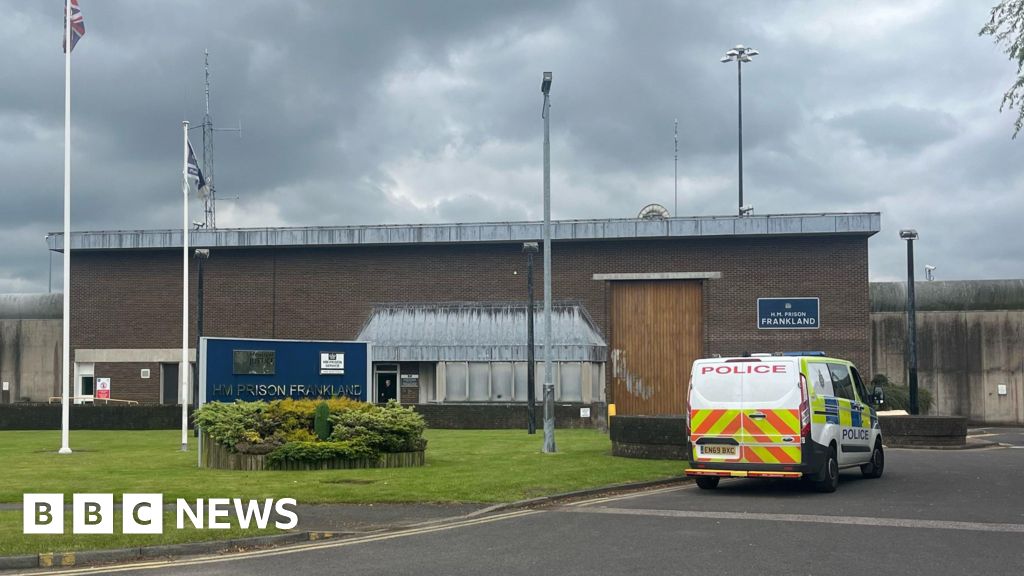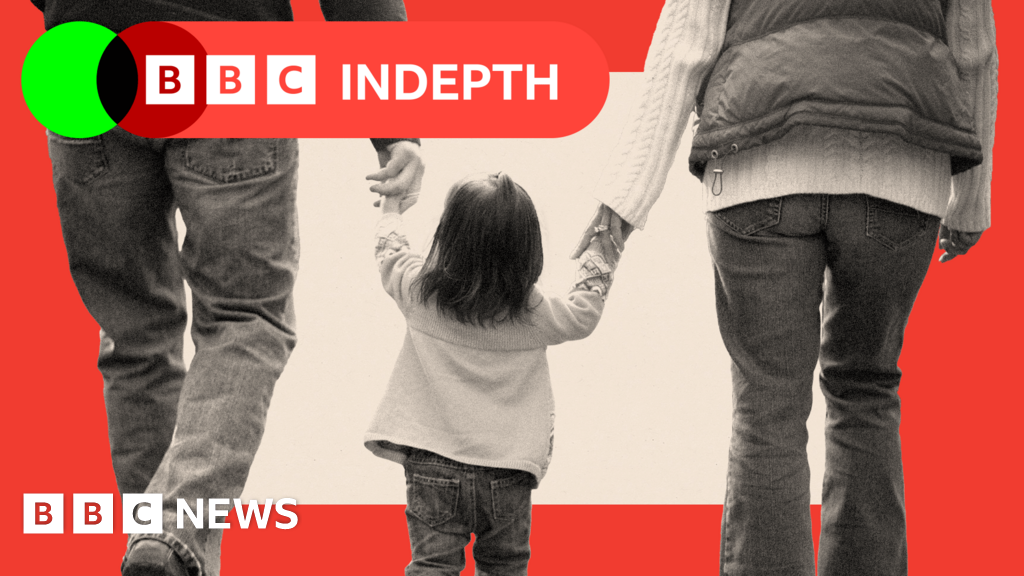Iran and US Engage in 'Productive' Talks in Oman Amid Nuclear Tensions

DUBAI: In a significant diplomatic move, Iran and the United States engaged in what has been described as "productive" discussions in Oman on Saturday, April 12. The talks were centered around the escalating nuclear program in Iran, a pressing issue that has drawn international concern, particularly from the US, where President Donald Trump has not hesitated to threaten military action should an agreement remain elusive.
Iranian Foreign Minister Abbas Araqchi, speaking to state television, expressed optimism about the negotiations, stating, "I think we are very close to a basis for negotiations. If we can conclude this basis next week, well have gone a long way and will be able to start real discussions based on that. This statement reflects a cautious yet hopeful approach from Tehran as both sides navigate a complex web of geopolitical factors.
Araqchi further emphasized the importance of reaching an agreement in the near term, saying, "Both sides have agreed to continue the talks... probably next Saturday... Iran and the US side want an agreement in the short term. We do not want talks for (the sake of) talks." This highlights a mutual desire for a resolution, underscoring the urgency of the situation.
Interestingly, there was no immediate response from US officials regarding the discussions, leaving the outcomes somewhat ambiguous. The talks were characterized by an indirect format, mediated by Oman, adhering to Iran's preference, rather than the face-to-face approach initially sought by Trump. Each delegation operated from separate rooms and communicated through Oman's foreign minister, which is a notable aspect of the negotiation style employed.
Araqchi also revealed that there was a brief interaction between the Iranian delegation and their American counterparts, led by Trump's Middle East envoy, Steve Witkoff, after the conclusion of the lengthy discussions. "After the end of more than 2 and a half hours of indirect talks, the heads of the Iranian and American delegations spoke for a few minutes in the presence of the Omani foreign minister as they left the talks. It (the encounter) was based on our political etiquette," Araqchi explained. This encounter, albeit brief, suggests a willingness from both sides to engage, even if the dialogues remain indirect for now.
The implications of these talks could be profound, not only for US-Iran relations but also for the broader geopolitical landscape of the Middle East. If successful, they could pave the way for a more stable environment in a region that has seen its share of conflict and tension in recent years. As these negotiations continue, the world will be closely watching to see if diplomacy can indeed quell the fears surrounding Iran's nuclear ambitions.



























